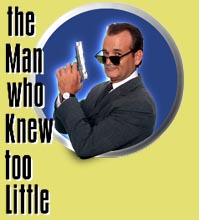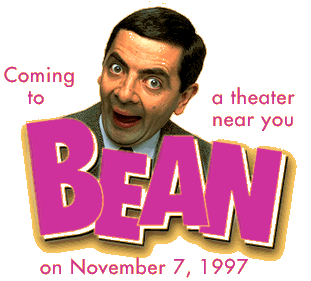It’s ironic. Just at the time when the tried-and-true Disney formula for animated films seems to be faltering, the other studios, desperate for a share in the lucrative animated film market, have come out with their own “Disney-formula” films. Anastasia is the first of these newcomers to hit the screens, and its biggest weakness is its faithfulness to the aging Disney formula.
With very little historical accuracy, the movie blames the fall of the Romanov dynasty, and the rise of the Russian Revolution on an evil curse woven by the magician Rasputin (speaking voice: Christopher Lloyd, singing voice: Jim Cummings). He seeks the downfall of the entire Romanov line, but two slip through his fingers: the young princess Anastasia (speaking voice: Meg Ryan, singing voice: Liz Callaway), and her grandmother (Angela Lansbury).
While her grandmother sneaks away to Paris…Anastasia is lost and left behind in St. Petersberg (Which, for some anti-historic purpose, never changes its name to Leningrad). After being stricken by an acute case of amnesia, Anastasia becomes Anya, a poor orphan with no memory of her past.
Flash forward ten years. Anastasia’s grandmother is offering huge rewards for her safe return. A pair of con-men, Dimitri (speaking voice: John Cusack, singing voice: Jonathan Dokuchitz) and Vladimir (Kelsey Grammer), are scouring St. Petersberg for the perfect actress to play the part of Anastasia.
When they stumble upon Anya, they believe she is the perfect choice, unaware of her true past. They convince her that she is the princess, when in fact, they believe she is not. However, that’s enough to waken the spirit of Rasputin, who returns from the grave to destroy the last Romanov.
This is where the film makes a major misstep. Blindly following the “Disney formula”, the movie adds a needlessly intrusive magical villain and two overly-cute sidekicks (Anya’s loyal pooch Pooka, and Rasputin’s hench-bat Bartok (Hank Azaria)). None of them are needed for the story, and are at times distracting. I’m sure the filmmakers could have picked a more reasonable villain, but they didn’t have the courage to stray from the proven formula. Kids will like the sidekicks, so they’re a more tolerable addition, even if they are tailored to be “merchandise-friendly”.
The overall story is well done, complex enough not to bore adults, but simplified enough that kids should be able to follow it. The songs are enjoyable, but only two (Journey to the Past, and Once Upon a December) have any lasting presence.
The animation style of Anastasia is a bit strange. There’s much more computer animation than in traditional animated films. Certain objects, vehicles and backgrounds are all computer generated, mixed in with the standard cell animated characters. Sometimes this works (usually in the case of the backgrounds), at other times it seems “showy”, like they were trying to demonstrate their capabilities rather than advancing the story. At even other times it is distracting: cases in point: Anya’s music box and Rasputin’s evil artifact. Both are computer generated objects, rendered in 3-D, being handled by the 2-D characters. There’s something that just doesn’t seem to sync between the two, with the result that the objects seem to be floating on the screen, rather than being a part of it.
Even though Fox lacks the courage to blaze a new trail in the animated frontier, this strike at Disney territory mostly succeeds, and is in fact better than a couple of Disney’s recent outings.








